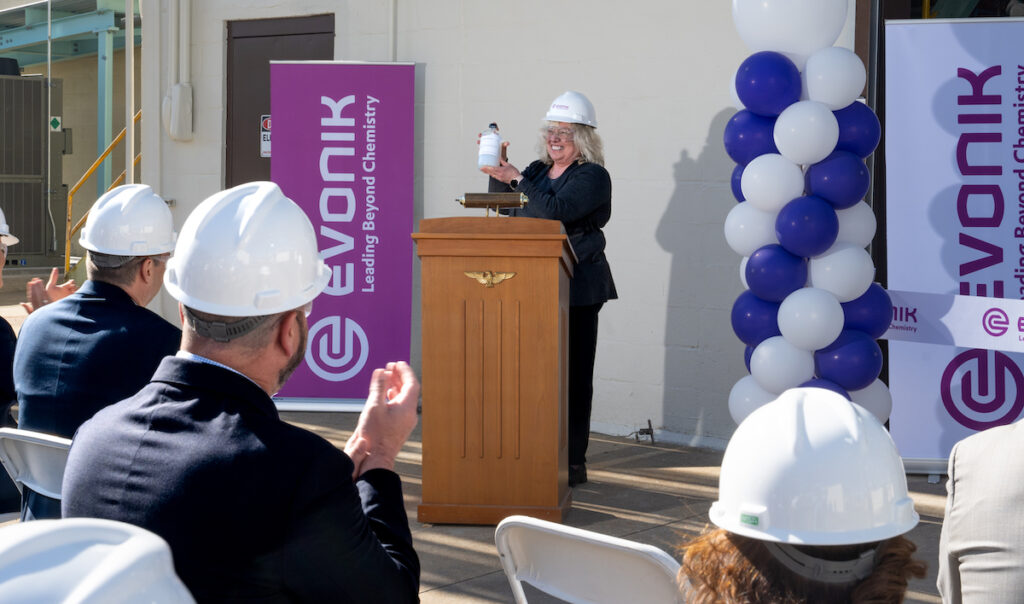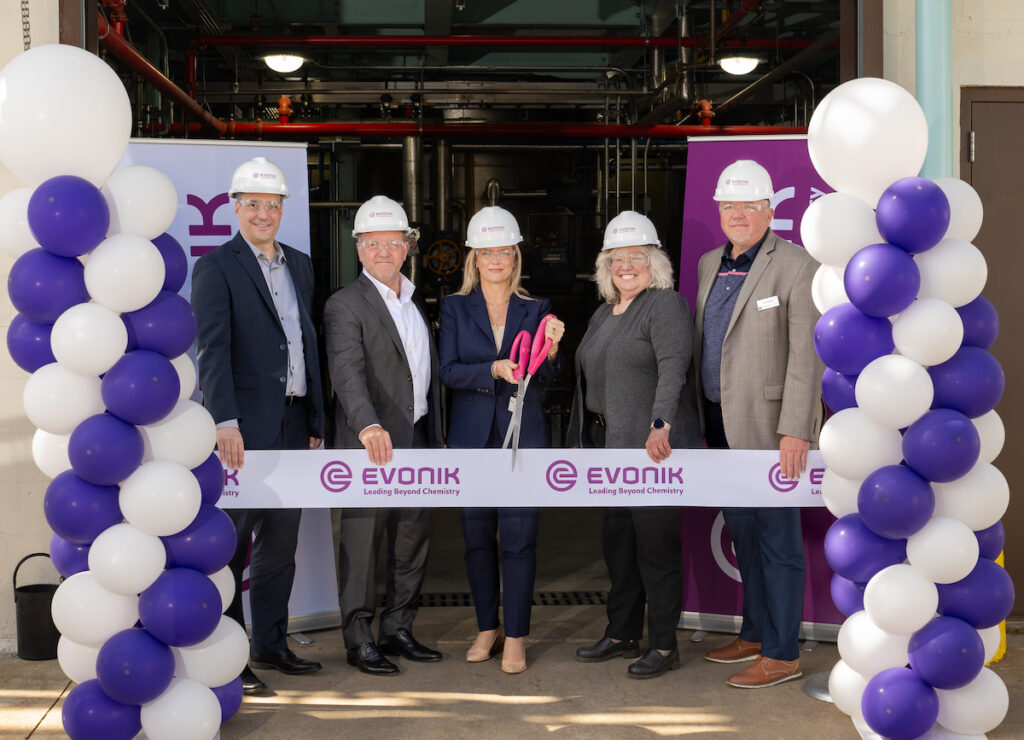
WESTON — Anyone who bought a car, a computer, or just about any piece of electronics in the past few years has probably been affected by the global semicondutor shortage. Beginning with supply chain disruptions due to COVID-19, the chip shortage led to steep price increases and long waits for any product that uses integrated circuits.
With the average modern car using more than 1,000 chips, the auto industry was heavily impacted. Wait times for new cars skyrocketed, as did prices. The same was true for many popular electronic products like video game consoles. Even simple things like getting a credit card replaced took longer.
The lessons of that shortage led to a nationwide effort to start making more semiconductors in the U.S., with the goal of reducing America’s dependence on manufacturers in Taiwan and South Korea, the two largest chip-producing countries in the world.
A recent expansion at a Lenawee County factory is part of that effort.
Silbond Corp., located in Weston, recently completed a $7.9 million expansion and started producing ultra-high purity colloidal silica for the semiconductor industry. Colloidal silica is a critical raw material for the electronics and semiconductor industries.
Silbond is a subsidiary of Evonik Industries AG, one of the largest specialty chemical companies in the world. Evonik, which is headquartered in Essen, Germany, acquired Silbond in 2014.
According to Evonik, the new facility is the first of its kind in North America. A ribbon cutting ceremony took place on June 7 to inaugurate the new facility and celebrate the milestone.

“This new facility is the first in the U.S. to reliably produce the quality and purity of colloidal silica needed for semiconductor production,” Lauren Kjeldsen, head of Evonik’s Smart Materials Division, said at the June 7 event.
“As the first site in North America to produce colloidal silica of such exceptional quality, we here at the Weston plant are literally at the forefront of innovation,” Kjeldsen said.
Employees at the Silbond plant were already experienced in producing ultra-pure materials for the semiconductor industry, and the new plant is integrated into existing processes at the site.
The expansion was aided by a $900,000 performance-based grant from the Michigan Business Development Program. Lenawee Now, which is Lenawee County’s nonprofit economic development agency, offered help in the form of staff, financial, and economic support.
The Weston facility has 50 employees, including three who were added for the new colloidal silica facility, according to Robert Brown, head of communications and government affairs for Evonik.
The Weston site has also been invited to apply to the U.S. Department of Commerce for CHIPS Act funding, Brown said. If successful, that application would lead to additional expansion.
The CHIPS Act, which provides federal funding for American semiconductor research, development, and production was signed by President Joe Biden in 2022. It passed Congress by a 64-33 vote in the Senate and a 243-187 vote in the House. Two Michigan Republicans, Peter Meijer and Fred Upton, joined 24 other GOP House members in supporting the bill. Rep. Tim Walberg (R-Tipton) voted no.
Speaking at the June 7 event, Kjeldsen said the semiconductor industry in the U.S. is “on the cusp of a transformative era.”
“The CHIPS Act of 2022 has sparked significant investments in the industry — nearly $450 billion of investments across 25 states, in fact,” she said.

